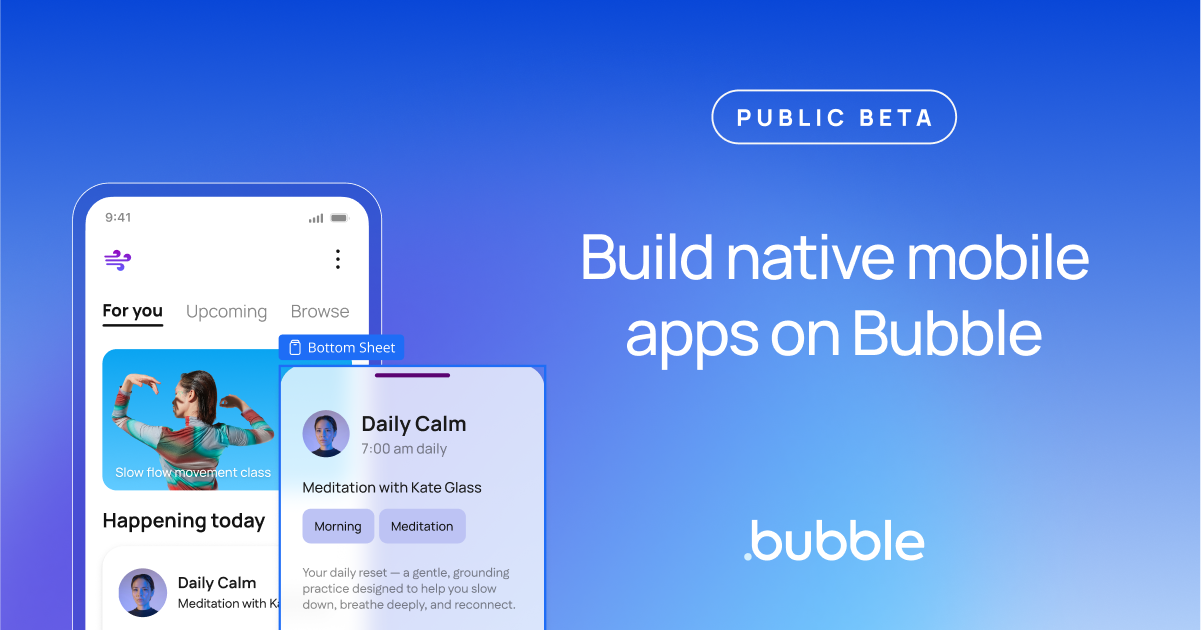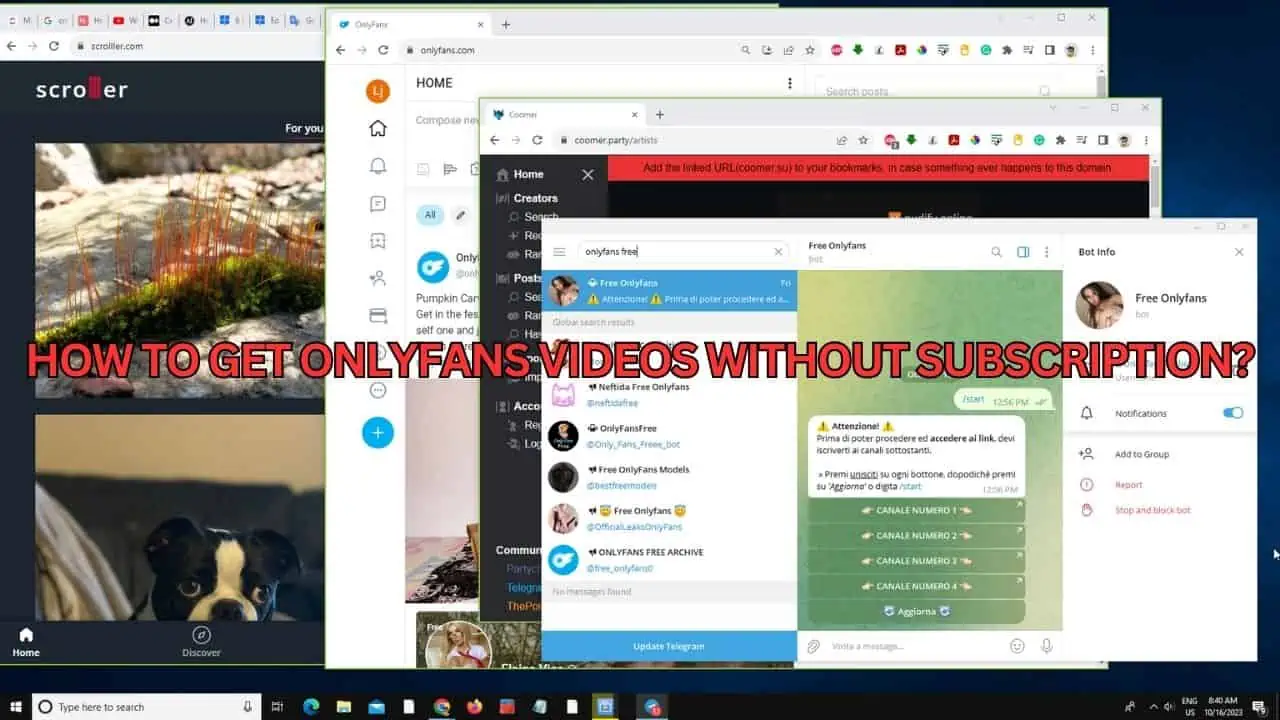In 2019, the Microsoft Store is less useful than ever
5 min. read
Published on
Read our disclosure page to find out how can you help MSPoweruser sustain the editorial team Read more

The year is 2016. On the Microsoft Store, aside from buying apps, you can buy music, TV Shows and movies. The year is 2017. You can buy apps, music, TV Shows, Movies and Books. The year is 2018. Microsoft is removing the ability to purchase music. Download all your songs or lose them. The year is 2019, Microsoft is removing the ability to purchase books, you’re getting a refund. The year is 2020, Microsoft is removing the ability to buy TV Shows. The year is 2021, Microsoft is killing the Store because no one cares about it anymore.
Those last two are made up examples, they may even be far fetched to someone who follows tech news religiously — but to the average consumer — the Microsoft Store isn’t a serious consideration anymore for anything.
Let’s start with the topic of digital content. When paying for music, movies, or books or whatever with a service provider, we are undertaking a contract with them that licenses the book to us from them as long as they are willing and able to provide it. You don’t really own the content, you just rent it. As for why you don’t own the content, it’s a bit complex, but essentially it boils down to the fact that those storefronts also don’t own the content and merely hold a temporary license for it.
While most consumers aren’t consciously thinking of these factors, most consumers are aware on some level that if a company shuts down, their content is gone. This means that whatever media they purchased and carefully curated over the years will simply vanish — as if it never was.
Of course, this is why services like iTunes, Amazon and to some extent, the Google Play/YouTube Media stores can be trusted. Like some sort of paradox, because they have been around for so long, users can trust them not to go belly up (This is not to say that Google doesn’t have its own issues.)
To bring this back to Microsoft, the firm has cut down its media offerings, killing off its Music and Book stores. While the firm still offers a Movies and TV service, there’s little reassurance that it isn’t next on the chopping board. One might argue that Microsoft wants to keep its Movies and TV service active to serve Xbox users, and indeed, Zac Bowden of Windows Central does:
With that in mind, I’d bet Xbox is the primary reason Movies & TV is still available in the Microsoft Store. Users on Xbox can buy movies and watch them right on the big screen. They can even watch them on their Windows 10 PCs and tablets. Admittedly, this service would make much more sense if it had iOS and Android apps to go with it. But it doesn’t.
I can’t imagine many people are buying movie and TV content from the Microsoft Store on their PCs, so the bulk of this category must be hanging on Xbox. Of course, Microsoft could pull this category at any time, but it would leave Xbox without a native platform to buy movies. Unlike music, which is usually made available on streaming services around the same time it’s released to buy, movies can take months to show up on streaming services like Netflix. Of course, Amazon is another movie and TV marketplace, but it doesn’t come with the Xbox by default, the Microsoft Store does.
I’d argue that Zac is correct in identifying that many users aren’t actually buying media content from the Microsoft Store — why would they? It offers no apps on iOS and Android, and the stores on those platforms typically have bundles and content for miles. I would also argue that the argument that Microsoft wouldn’t want to leave Xbox without a native video app is weak. Such an argument could have been made about Microsoft not leaving Xbox without a native music streaming service — and it would have been just as valid. It also overlooks that streaming video like Netflix is vastly more important to the average consumer than buying video. A look at consumer stats arguably shows that users could far more about streaming their own media through apps like YouTube and Netflix than owning them. In other words, whatever math Microsoft could use to justify killing off its music and books stores, it works for their movies and TV stores as well.
So what’s left for the Microsoft Store? Apps? Laughable. Games? Likewise. Since the release of Windows 10, Microsoft has taken several steps back from the UWP platform that was meant to drive the future of Windows. Even the most important app on any PC, the browser, is on the chopping board. Microsoft will be replacing the Edge browser with a Chromium one.The firm has already replaced Skype’s UWP with a more traditional app and has discarded UWP Office. With live tiles on the chopping board, perhaps it is not a matter of ‘if’ the Microsoft Store will be killed off but when. The real question is if anyone would care by then.









User forum
0 messages